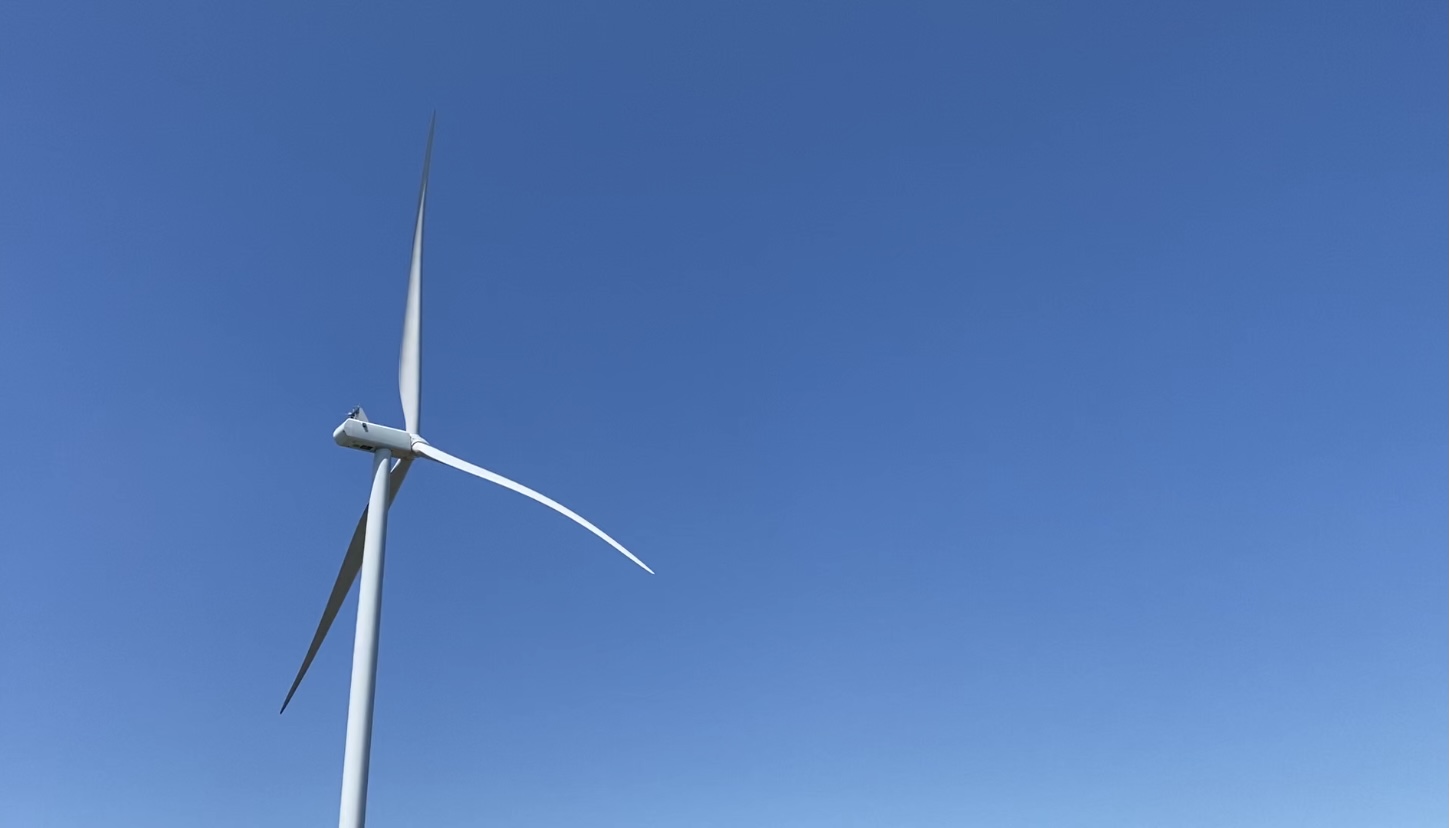Federal infrastructure bill likely to trigger job growth in Missouri’s clean energy industry

President Joe Biden’s $1 trillion bill targeted at revamping the country’s infrastructure could create jobs for Missourians in the state’s booming renewable energy sector.
The Senate approved Biden’s sweeping infrastructure legislation Wednesday after months of negotiations, marking a bipartisan victory for leaders in Washington. The bill adds $550 billion to its federal budget and is largely aimed at improving roads, bridges and mass transit — efforts that would generate nearly half a million manufacturing and construction jobs nationwide. The bill, however, also earmarks money for projects related to renewable energy and combating the climate crisis.
Those investments would have significant implications for employment in the renewable energy industry, both nationally and in Missouri, a state already in the early stages of its own green makeover.
A study released in June by the American Council for an Energy-Efficient Economy (ACEEE) examined a set of 10 federal investment proposals targeting climate change — several already supported by Biden or Democratic leaders — and concluded that their combined effect would be dramatic: they would create 3.9 million new jobs over time, including hundreds of thousands per year in this decade alone.
The proposals would also reduce climate-warming carbon dioxide emissions by 3.7 billion tons, equivalent to 9 months of U.S. emissions, and save consumers over $300 billion in energy bills.
A more recent study, published in July in the scientific journal One Earth, bolstered ACEEE’s assessment through its finding that meeting the goals set by the Paris Agreementwould generate 8 million energy jobs worldwide.
While the bipartisan bill would enact only a sliver of the job-boosting proposals that studies like ACEEE’s have assessed, it includes multiple climate-related components, including $7.5 billion for a national network of electric vehicle chargers and $73 billion for modernizing the country’s power grid and extending the reach of renewable energy.
Democrats are also expected to follow the bipartisan bill up with an even larger infrastructure bill that they would enact through budget reconciliation, the limited process that would allow them to pass legislation without Republican support.
That second bill, while taking shape more slowly, is expected to include massive tax incentives for clean energy among other job-generating and emissions-reducing proposals.
In Missouri, long one of the most coal-dependent states, federal investments in renewable energy would provide an additional boost to an industry that is already growing rapidly.
Over 50,000 Missourians now work in clean energy jobs. That growing figure currentlyranks the state a middling 22nd in number of clean energy jobs and 25th as a percentage of total employment. But renewable energy advocates in the state are particularly encouraged by Missouri’s recent surge in wind power production and new legislation that is expected to speed the state’s transition to renewables.
James Owen, executive director of Renew Missouri, a renewable energy advocacy group, is optimistic about the prospect of continued growth in Missouri’s renewable energy sector and the additional jobs that new federal investment could help generate.
“The people who make power in our power plants are well-paid folks with stable jobs,” Owen said. “[Continued growth in] renewable energy is going to require more of that.”
According to E2, a nonpartisan business association that advocates for business- and environment-friendly policies, median hourly wages for clean energy jobs are 25% higherthan the national median wage. Clean energy also employs almost three times as many people as fossil fuel extraction and generation and pays higher wages.
Owen expects one of the most impactful aspects of the bipartisan bill to be its investments in extending and modernizing transmission lines around the country, a labor-intensive undertaking that will help ensure that all the new clean energy being produced in Missouri and elsewhere can get to the homes and businesses that need it.
“We have a lot of power being generated in parts of this state that is unable to get to where people live in a cheap, effective way. And if we don’t fix that, we are going to have more problems like we did in February,” Owen said, referring to the rolling blackouts that thousands of Missourians experienced during last winter’s cold snap.
The journey from passage at the federal level to implementation at the state level is often long and arduous, and Owen cited past opposition to energy transmission projects from groups like the Missouri Farm Bureau and Missouri Cattlemen’s Association as reasons to expect future roadblocks.
But the tentative agreement on the bipartisan infrastructure bill and the steady march of renewables, even in historically coal-dependent states like Missouri, are just a few of the many indicators of mounting buy-in for the economic argument for a large-scale transition to renewable energy.
“This is not just people in sandals and beads anymore,” Owen said. “I think everyone’s starting to realize: this is going to have to happen.”
Miss Clipping Out Stories to Save for Later?
Click the Purchase Story button below to order a print of this story. We will print it for you on matte photo paper to keep forever.

